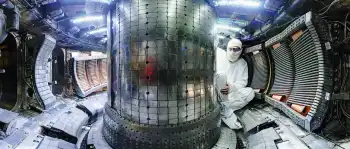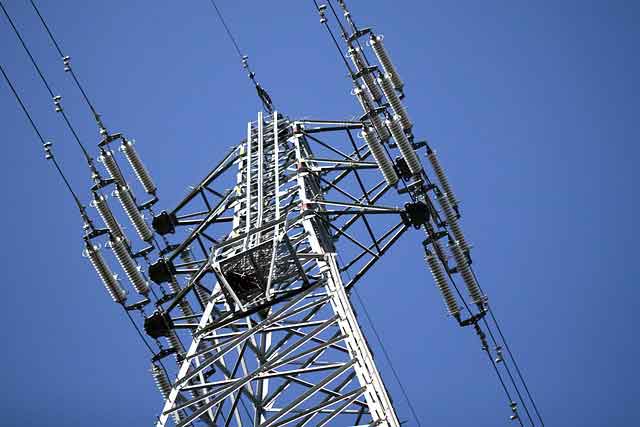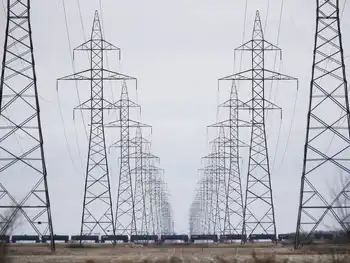WASHINGTON -- - The Federal Energy Regulatory Commission on Wednesday rejected an attempt by CMS Energy Corp. to deny U.S. power trading privileges to Ontario Energy Trading Corp. because its grid affiliate in Canada does not provide comparable transmission service.
Ontario Energy Trading is owned by the provincial government of Ontario, which also controls the transmission facilities of Ontario Independent Electricity Market Operator. CMS Energy, the parent of Consumers Energy utility, said that Ontario Energy should not be allowed to trade U.S. wholesale power because its affiliate does not provide similar, open access transmission service in and out of the province. CMS said that the Ontario grid did not allow the reservation of transmission capacity, instead operating a bid-based system. Specifically, the utility complained that its request to reserve 50 megawatts of transmission from New York, across Ontario, to Michigan, was rejected by the Ontario power grid. FERC granted conditional approval of trading privileges for Ontario Energy in April. The case was pending before FERC in docket ER02-1021.
CMS Energy, the parent of Consumers Energy utility, said that Ontario Energy should not be allowed to trade U.S. wholesale power because its affiliate does not provide similar, open access transmission service in and out of the province.
CMS said that the Ontario grid did not allow the reservation of transmission capacity, instead operating a bid-based system.
Specifically, the utility complained that its request to reserve 50 megawatts of transmission from New York, across Ontario, to Michigan, was rejected by the Ontario power grid.
FERC granted conditional approval of trading privileges for Ontario Energy in April.
The case was pending before FERC in docket ER02-1021.
Related News

Why the promise of nuclear fusion is no longer a pipe dream
GENEVA - It sounds like the stuff of dreams: a virtually limitless source of energy that doesn’t produce greenhouse gases or radioactive waste. That’s the promise of nuclear fusion, which for decades has been nothing more than a fantasy due to insurmountable technical challenges. But things are heating up in what has turned into a race to create what amounts to an artificial sun here on Earth, one that can provide power for our kettles, cars and light bulbs.
Today’s nuclear power plants create electricity through nuclear fission, in which atoms are split. Nuclear fusion however, involves combining atomic nuclei to…




